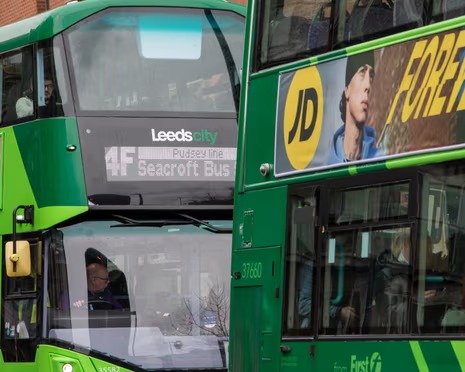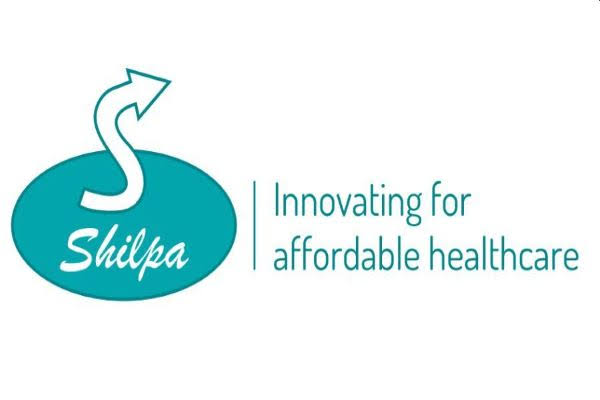
Follow WOWNEWS 24x7 on:
Updated: May 12, 2025 07:20

More bus systems are coupling low-cost or free youth fares with digital passes or mobile apps, raising concerns among young people and non-smartphone-owning families. As public transit agencies upgrade the way they collect fares, the action is making affordable travel less available to some youth riders.
Key Highlights
In most areas, reduced or even free travel for young people and young adults these days needs to be obtained online, usually through the use of a smartphone app or a smartcard. In Central Bedfordshire, for example, the YP Card entitles all young people under the age of 19 to travel for only £1 per trip, but you need to present the actual card to the driver-no card, no reduction, and the full price is paid.
In Scotland, the Under 22s Free Bus Travel scheme allows all residents aged 5–21 to travel free-if they possess a National Entitlement Card (NEC) or Young Scot NEC. Although the card itself is a physical card, activation or renewal might need app access for users over 16, providing a potential barrier for those who do not own smartphones or have internet access.
A few U.S. transit systems, such as TCAT in New York, promote the use of mobile apps to pay fares by teens, but still provide physical FreeRyde cards for ages 14–17. But teens have to apply for the cards, and if they don't have one, they don't qualify for free rides. The changeover period from old to new card systems can disenfranchise some.
Boardwide, the message is unequivocal: without the necessary card or digital ticket-frequently contingent on smartphone ownership-you pay regular fare, higher by a hefty margin for students and teens.
Youth and pressure groups have raised concerns that the digital requirements exacerbate a digital divide, where those without access to smartphones or easy internet will be disadvantaged. Young riders prefer convenient, tech-enabled ticketing, but it is not always possible for them to afford multiple apps, and uncertainty about who is eligible and how to secure discounts remains high.
A few systems, such as Portland's TriMet, still permit youth to pay discounted fares with cash or physical evidence of age, but the trend is shifting toward electronic proof.
The transition to digital fare systems holds out hope for convenience and efficiency but threatens to leave behind disadvantaged groups. Transit agencies are being called on to have available, non-digital solutions for youth discounts so no teenager is forced to pay more just because they lack a smartphone.
Sources: Central Bedfordshire Council, Transport Scotland, Stagecoach, TCAT, TriMet, OC Transpo, Transport Focus





